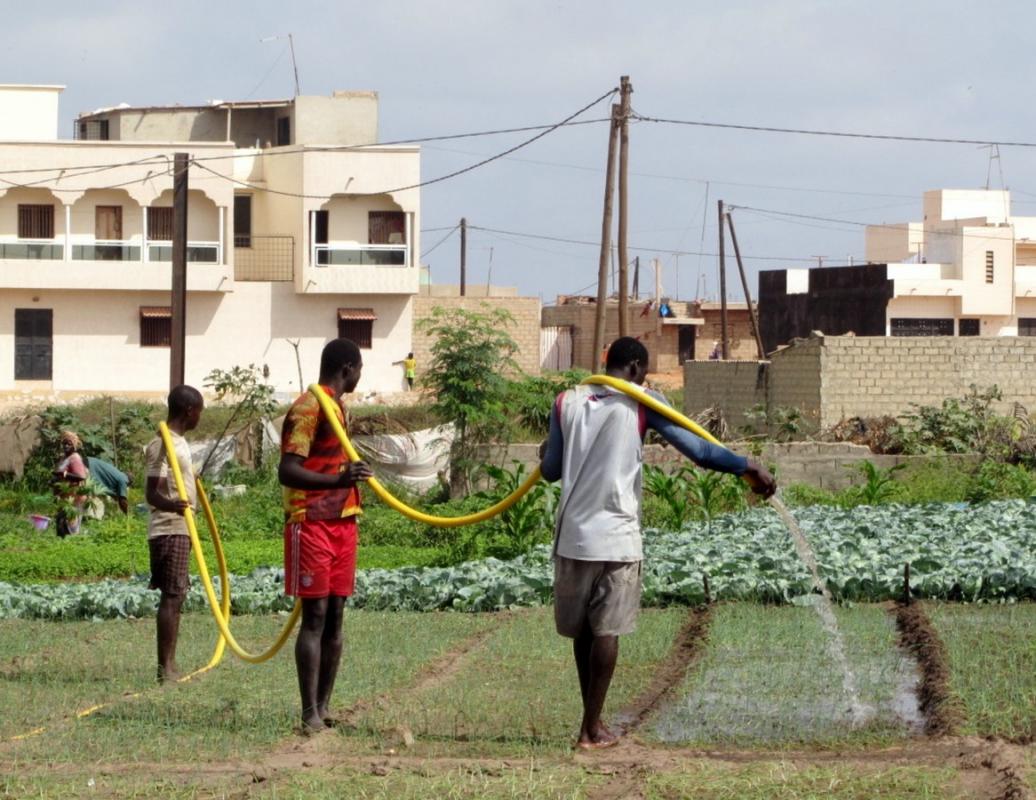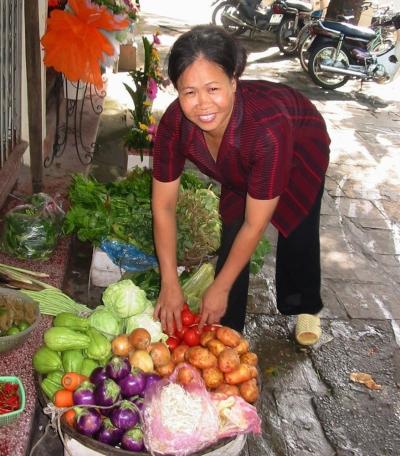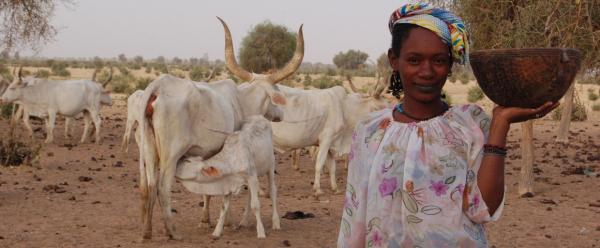Event 9 December 2025
- Home
- CIRAD news
- News
- Urban food policy Milan Pact
Urban food policy: Montpellier, 2019 capital of the Milan Pact

© CIRAD, P. Dugué
In 2015, further to the Milan World Expo, around 100 mayors from major cities all over the world signed a sustainable food policy commitment, known as the Milan Pact. Today, some 200 mayors have signed this pact. The fifth edition of their annual gathering will be held in Montpellier from 7 to 9 October. CIRAD will be taking part in this international meeting, which will highlight the linkages between urban food and the UN Sustainable Development Goals.
During the event, in the afternoon of 7 October, the UNESCO Chair in World Food Systems will organise a parallel session on Urban foodscapes around the world with several researchers from Montpellier and some of their partners. This session will be introduced by Nicolas Bricas, a socio-economist at CIRAD and Director of the Chair.
Urban food systems are not sustainable
According to the researcher, urban food issues are critical today: “55% of the world population lives in urban areas. However, urban food systems are problematic from an environmental and health perspective”. Urban consumers eat foods that are more processed and packaged and waste more than rural populations.
The abundance of supply encourages diets that are higher in fat, sugar and salt. When combined with sedentary lifestyles, these diets result in overweight and obesity, which are risk factors for numerous diseases such as diabetes and cardiovascular diseases.
The emergence of a middle class with a certain level of purchasing power is attracting the attention of the major processing and distribution companies, which are investing in cities. But they come into direct, very imbalanced competition with thousands of small businesses, which are often run by women. The governance of food systems passes into the hands of these powerful actors and tends to marginalise the millions of grassroots operators and consumers.
When cities take back control of their food policies
Faced with this problem, a growing number of cities are re-examining the issue of food, acting on land tenure, market infrastructures, mass catering and waste management, supporting civil society initiatives and inventing new, more inclusive and participatory forms of governance. The Milan Pact is the culmination of the collective impetus to ensure the local public authorities regain control of food systems. “These commitments are encouraging and bring hope for initiating change in the food system”.
30 years of holistic expertise on urban food
For almost 30 years, CIRAD has mobilised several of its scientific teams on urban food systems. Paule Moustier, an economist at CIRAD and Director of the MOISA research unit is even responsible for a definition of urban and peri-urban agriculture that is still a reference today (Moustier and Mbaye, 1999) .
From sociology to processing techniques
This work is carried out in close collaboration with the whole of the Agropolis scientific community and under the aegis of UNESCO Chair in World Food Systems. Below are some non-exhaustive examples:
- Promoting agriculture in cities to reduce poverty and meet local demand for high quality food -> MOISA, Innovation, Art-Dev and TETIS research units.
- Improving processing techniques for products aimed at urban markets -> Qualisud research unit.
- Understanding the changes underway to accompany the development of small food companies in West and Central Africa -> MOISA research unit.
- Recycling sewage sludge into agricultural soil amendments -> Recycling and Risk research unit.
Two projects coordinated by CIRAD will be presented during the parallel session organised by the UNESCO Chair. They are currently underway within the framework of the Surfood flagship programme, set up by CIRAD, INRA and Montpellier SupAgro under the aegis of the Chair in World Food Systems and financed in particular by Agropolis Fondation:
- URBAL – Urban-driven innovations for sustainable food systems
An international participatory research project deployed in eight cities around the world: Baltimore, Berlin, Brasilia, Cape Town, Hanoi, Milan, Montpellier and Rabat. The goal is to develop and test a shared methodology for assessing the sustainability – in all of its dimensions – of 12 innovations linked to food in urban areas.
URBAL website
- Foodscapes - Understanding people’s foodscapes: research in Montpellier
To inform actors about the tools for action available to them in terms of food, the project analyses the effects of urban foodscapes (shops, markets, gardens, etc.) on people’s food styles (consumption, practices and representations).
Foodscapes website





























